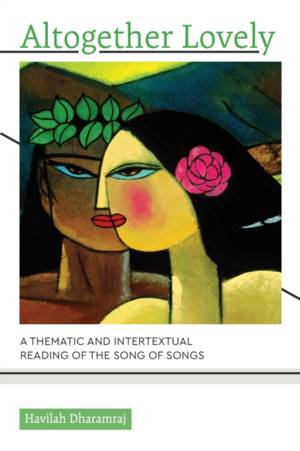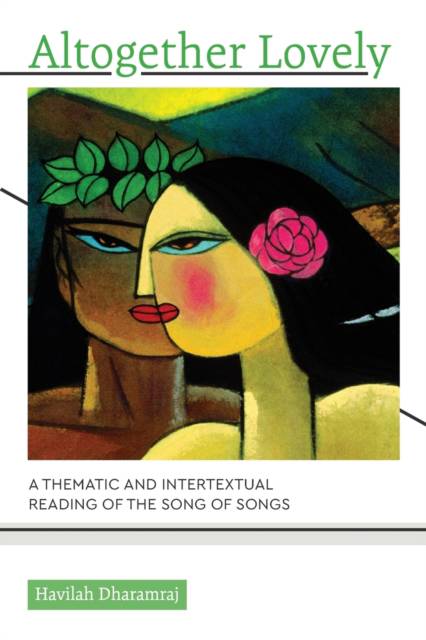
- Retrait gratuit dans votre magasin Club
- 7.000.000 titres dans notre catalogue
- Payer en toute sécurité
- Toujours un magasin près de chez vous
- Retrait gratuit dans votre magasin Club
- 7.000.000 titres dans notre catalogue
- Payer en toute sécurité
- Toujours un magasin près de chez vous
40,95 €
+ 81 points
Description
In Altogether Lovely, Havilah Dharamraj approaches the Song with a clear vision of the gendering of power relationships in the ancient Near East and through an intertextual method centered not on production but on the reception of texts. She sets the Song's lyrical portrayal of passion and intimacy alongside other canonical portrayals of love spurned, lust, rejection, and sexual violence from Hosea, Ezekiel, and Isaiah. The result is a richly nuanced exposition of the possibilities of intimacy and remorse in interhuman and divine-human relationship.
Spécifications
Parties prenantes
- Auteur(s) :
- Editeur:
Contenu
- Nombre de pages :
- 312
- Langue:
- Anglais
- Collection :
Caractéristiques
- EAN:
- 9781506423203
- Date de parution :
- 01-06-18
- Format:
- Livre broché
- Format numérique:
- Trade paperback (VS)
- Dimensions :
- 150 mm x 226 mm
- Poids :
- 408 g







